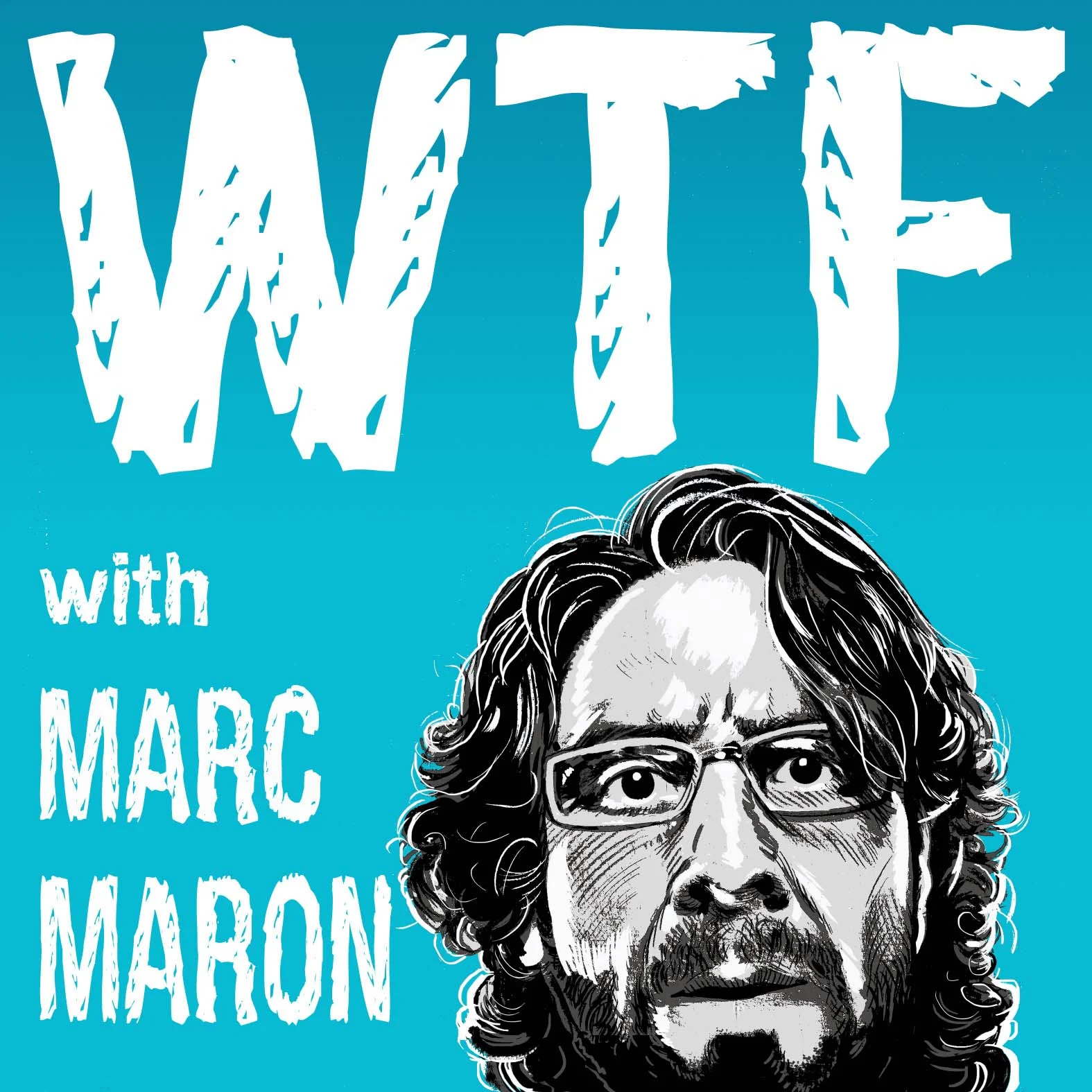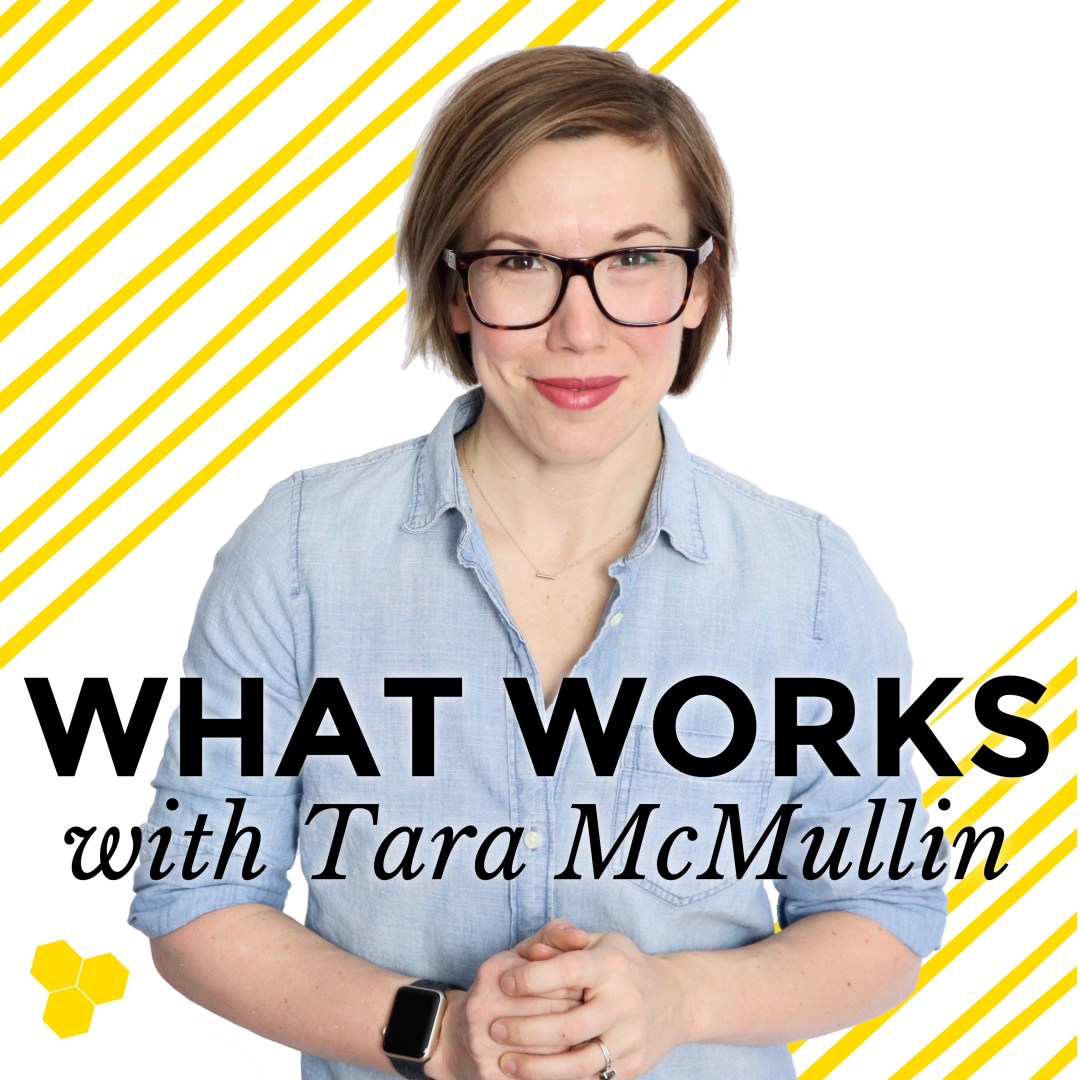When I’m not wearing my hat as Founder of Tell Me A Story, I am producing and hosting my narrative storytelling podcast, Rashomon.
And when I’m not doing that, I’m catching up on episodes from my favorite podcasts. I listen to a variety of podcast styles. I listen to The Daily daily. I have my favorite co-hosts — Doree and Kate from Forever35, Amina and Ann from Call Your Girlfriend, and Lindsay and Bobby from Who? Weekly.
And then there are the narrative storytelling shows like Ear Hustle and Scene on Radio that need my full attention, so I just sit quietly with headphones and listen, deeply.
Even with so many genres and styles of podcasts to choose from (There are 1,000,000+ at this point!), there is always a feeling of intimacy when listening to voices through ear buds.
It’s easy to forge a connection with a host or character — especially with masterful editing, sound design, and storylines.
But what keeps me truly hooked on a show is when personal narrative takes the lead.
And this isn’t always coming from S-Town style content.
There are podcast hosts that share personal stories to introduce a theme or to share a message with their audience.
There are interviewers that ask open-ended questions that elicit beautiful, long form answers from their guests that aren’t canned responses.
And then there are the stories for story’s sake — episodes that have a structured narrative and bring us through a beginning, middle, and with with a first person narrator and interesting characters.
No matter what’s on your podcast playlist, you can begin to identify who is using personal narrative storytelling and what types of stories are being shared.
Start to notice what styles stick with you. How are these hosts, interviewers, and narrators bringing this story into their podcast and how do they make you feel as the listener?
Chances are the personal narratives that resonate with you the most can be used to spark your own stories — whether shared out loud in a professional setting or through your very own podcast microphone!
Here are 5 podcast episodes in a variety of formats with stellar personal narrative:
WTF with Marc Maron Podcast | Episode 1043: Greg Kinnear
WTF was one of the first podcasts that I ever listened to. In the very beginning I would skip through Marc Maron’s opening monologues, straight the guest. But over time, I grew to love his intros and grew to love him, not just as a comedian turned podcaster, but as a human. This episode is a great example of when Maron’s monologue serves a greater purpose. It’s a story celebrating his 20 years of sobriety and it is a bit of an Origin Story for how Maron used methods developed in recovery to make his show. The story begins at 7:15.
Technique takeaway: You don’t always have to be a likable character in your own story. Marc shares parts of himself (and the times in his life) that are not putting him or his choices in a positive light. He makes mistakes and learns from them, and lets us in on his experience by painting a picture and taking us on a journey.
Note: this episode is unfortunately behind a pay wall. If you have Stitcher Premium, you will be able to access it. Here’s the link.
What Works | Small Business Podcast | Episode 223: Confusing Confidence and Status With What Works Founder Tara McMullin
What Works is my absolute favorite podcast on small business and entrepreneurship. This isn’t a podcast about hustling gurus or making 7 figures from selling online courses about basket weaving. This a real deal look into the experiences of running a small business as told through candid conversations. Tara opens each episode of her show with a personal story. Episode 223 was a stand alone monologue and it served to introduce the month’s theme of confidence that would play a role in each forthcoming episode. This was by far my favorite of Tara’s stories. It started with a small scene at an airport sprinkled with fun details and an energy of suspense. Even if this was your first time listening to the show, you get a full sense of who Tara is, and her hosting style.
Technique takeaway: Business podcasts with hosts that speak to an audience in an authoritative way cut the listener off from a deeper experience. Storytelling diminishes hierarchy and brings an audience into your world. Tara’s use of personal narrative makes us feel connected to her. Week after week with each story, she is building trust with her audience and giving us something to look forward to.
ZigZag | Season 4, Episode 11: Pacing Yourself After Burnout
In its four seasons, ZIgZag has taken on many styles and many themes. For me, Season 4 is where Manoush Zomorodi and Jen Poyant have really found their groove as hosts. I’ve also been way more intrigued by their content with this season’s framework. The final episode of Season 4 was a story about burnout told from the point of view of Helen Zaltzman - host of The Allusionist.
We learn so much about both Helen and Manoush in this episode. Manoush is recording her interview in her house and keeps in the moments where her daughter interrupts us. Helen is in Australia recording in a hotel bathroom. We feel the long distance and times zones between them yet the conversation is so intimate. Through Manoush’s open ended questions Helen goes through story after story about her career in audio, the illness that forced her to rest, and how burnout can creep in and overtake us.
Technique Takeaway: As much as I love a good story edit, it’s fun to leave in real-time moments like kids interrupting or pauses to think something through in a different way. This is what makes people human, relatable. It’s also a simple, fun way to play with sound design. You can set a scene of a story with ambient sounds that bring us straight into your world.
Reply All | Episode 125: All My Pets
Reply All takes an investigative reporting approach to storytelling, exploring the mysteries of the internet. The show’s usual hosts PJ Vogt and Alex Goldman have great chemistry and often get carried away with fits of giggling. But whenever Sruthi Pinnamaneni takes the lead as story producer or host, I’m much more invested in listening to a full episode. Her narration is brilliantly conversational. (You can learn more about how Sruthi tracks her voiceovers on this episode of HowSound) For this episode, she is a character in the story that she is reporting. It’s a story Taylor Nicole Dean - a teenage YouTuber that is famous for sharing her collection of exotic animals on the internet. The story of Taylor’s career is compelling on its own but we are invested because of the way that Sruthi inserts herself into the narrative. It’s told from her perspective.
Technique Takeaway: Even if the story you are telling involves many people, it’s okay to have a version from your perspective. It might not have felt like you were a key player as the life experience was happening in real time, but trust that the way you share it will allow the listener to invest in your perspective!
This American Life | Episode 589: Tell Me I'm Fat
For a lot of podcast fans, you hear the word “storytelling” and you immediately think Ira Glass and This American Life. This was certainly the case for me when first diving in to audio storytelling. This episode is one of my all time favorites. It’s worth a full listen (which you can only do from the show’s website). The story I want to highlight from this episode is Elna Baker’s. Her piece is called “It’s a Small World After All” and is an audio essay about her journey as a fat person to someone who obsessed over weight loss and changed her whole persona in the process. It’s also an exploration of how people are treated in correlation with their body size and type. Before This American Life, Elna told stories from her life on stage. She carries this style of personal narrative through to audio in such a beautiful way. She also weaves in archival audio of old performances and a two way conversation with her husband.
Technique Takeaway: Elna is a master storyteller that is capable of making us laugh and cry in the same minute. She puts herself out there and talks about complicated issues without us having to bear the emotional weight of her problems. This is key to personal narrative — it’s the scars over wounds approach.
Looking for more blog posts related to podcasting? Check out the following:






